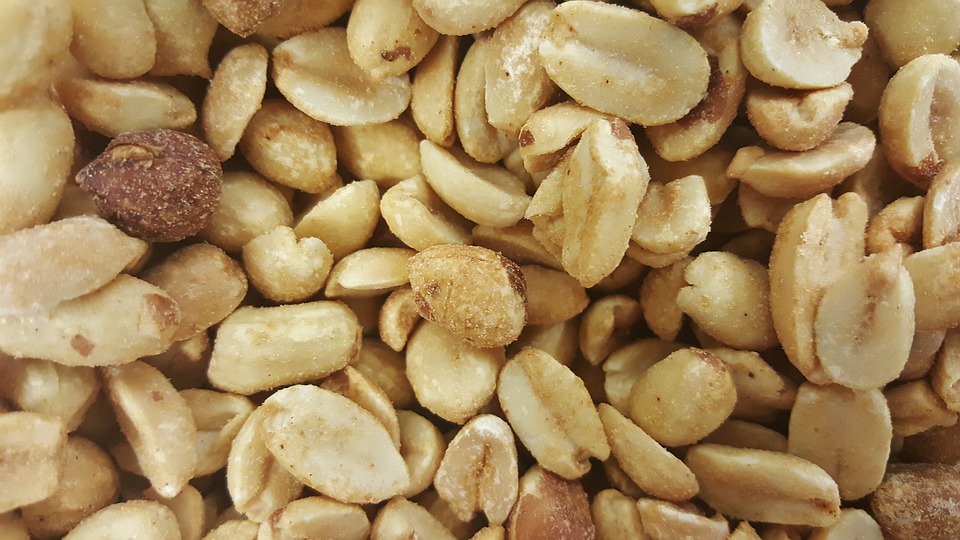
Here is a study that may be of interest to parents concerning food allergies and infants. The New England Journal of Medicine had published a study referred to as Eat (Enquiring About Intolerance) involving three-month old infants from Wales and England split randomly into two groups (with and without common food allergens in the diet). Its purpose was to investigate whether or not the timing of adding common allergens to infant diets could affect risk of developing food allergies later in life. Currently, government guidelines advise parents to wait until six months to begin introducing foods into the infant’s diet. The investigators in this study added egg and peanut to infant diets at three months, and found consistent results provided the target quantity of food allergen had been consumed.
“Scientists found that weekly consumption of the equivalent of approximately one-and-a-half teaspoons of peanut butter and one small boiled egg would lead to the prevention of an allergy to those food substances.”
What is most interesting about this, is that the results may seem counterintuitive. Some people might reason it would be best to avoid or limit consumption of foods which are risky for causing infant allergy. Yet the results support that in contrast, early exposure to these foods could have a protective effect on risk for developing allergy. This protective effect, measured after tracking the infants for 3 years, equates to a 67% reduction in relative risk for developing the food allergy compared to the infants who followed government guidelines and waited until 6 months for introduction of other foods into the diet. In conclusion, the implications of these findings may not be known at this time, nor is it known how this new information can be implemented. However, it is comforting to know that scientists have worked out at least one way to reduce risk of infants developing food allergies.
Source: theguardian.com: Early introduction of peanuts and eggs cuts allergy risk, study finds








